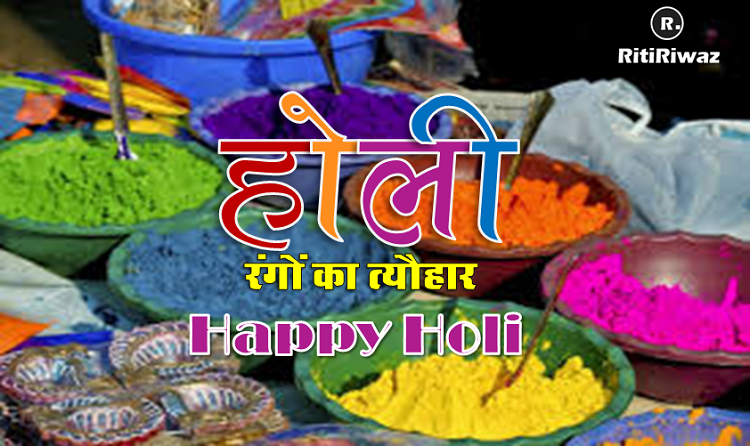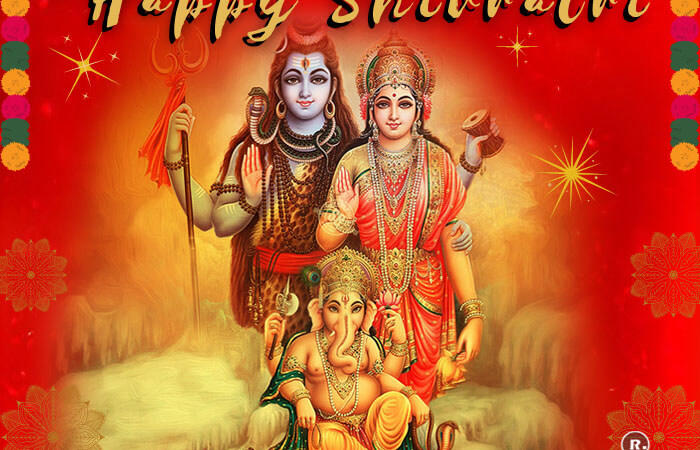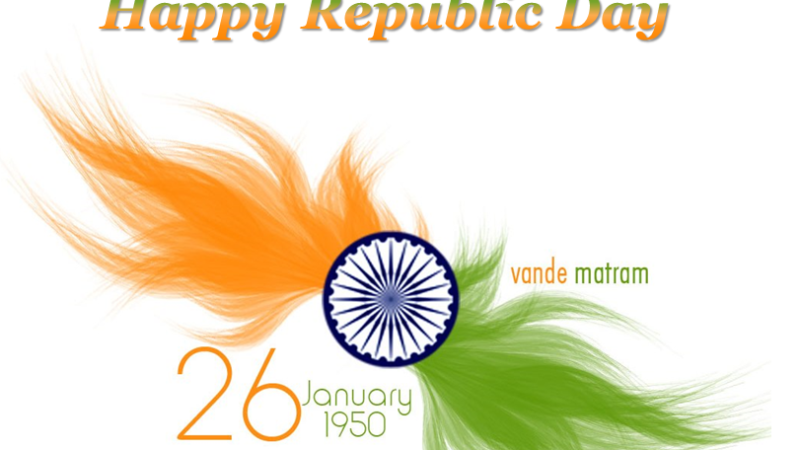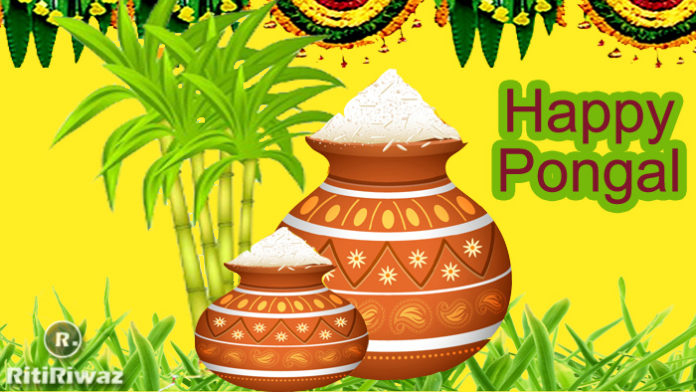Why Do We Prostrate Before Parents And Elders

Indians prostrate before their parents, elders, teachers and noble souls by touching their feet. Touching the feet in prostration is a sign of respect for the age, maturity, nobility and divinity that our elders personify. It symbolizes our recognition of their selfless love for us and the sacrifices that they have done for our welfare.
The elder in turn blesses us by placing his or her hand on or over our heads which gives the following benefits.
• The good wishes (Sankalpa) and blessings (Aashirvaada) of elders are highly valued in India. We prostrate to seek them.
• Good thoughts create positive vibrations. When we prostrate with humility and respect, we invoke the good wishes and blessings of elders which flow in the form of positive energy to envelop us.
Prostration is done daily, when we meet elders and particularly on important occasions like the beginning of a new task, birthdays and festivals. In certain traditional circles, prostration is accompanied by abhivaadana, which serves to introduce one-self, announce one’s family and social stature.
A man standing on his feet and touching feet in prostration of the person in front of you will enable the positive energy to flow in quanta through the fingers to your spine, electrifying it. The energies of the body are connected and your fingertips become the “receptor” and the foot of elder person becomes the “giver of energy”. This makes you more energetic, more young that flows straight through your kuṇḍalini to your head where it cools the brain and refreshes it. This tradition also reflects the strong family ties, which has been one of India’s enduring strengths.
The different forms of showing respect are:
Pratuthana: Rising to welcome a person.
Namaskaara: Paying homage in the form of namaste.
Upasangrahan: Touching the feet of elders or teachers.
Shaashtaanga: Prostrating fully with the feet, knees, stomach, chest, forehead and arms touching the ground in front of the elder.
Pratyabivaadana: Returning a greeting.
Rules are prescribed in our scriptures as to who should prostrate to whom. Wealth, family name, age, moral strength and spiritual knowledge in ascending order of importance qualifies men to receive respect. This is why a king though the ruler of the land, would prostrate before a spiritual master. Epics like the Ramayana and Mahabharata have many stories highlighting this aspect.






